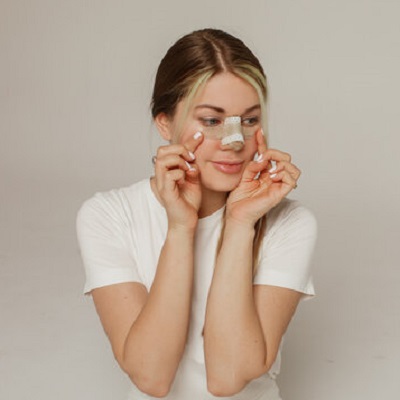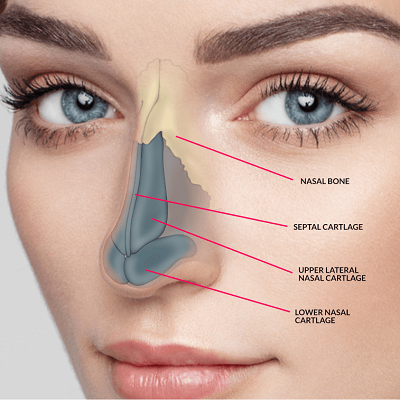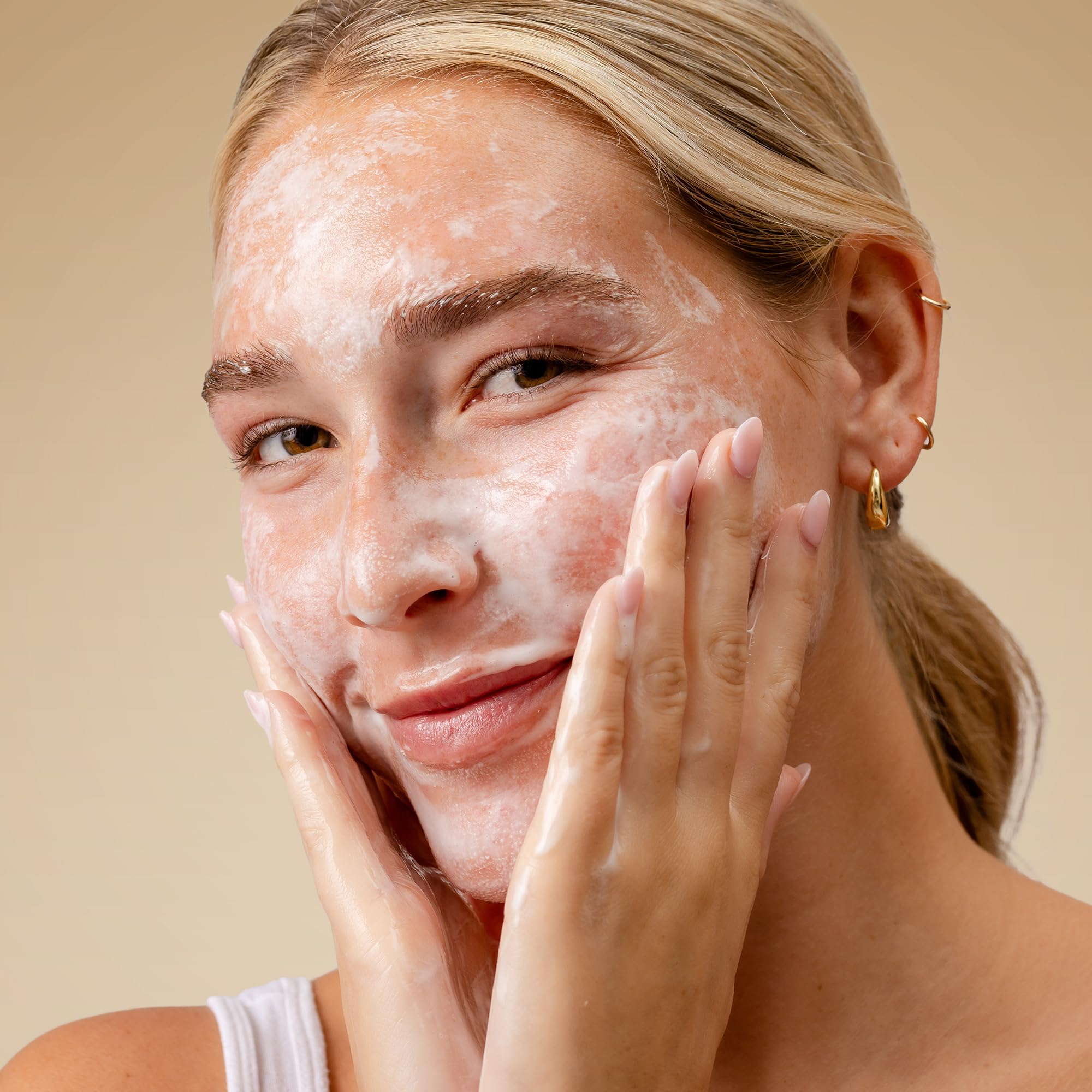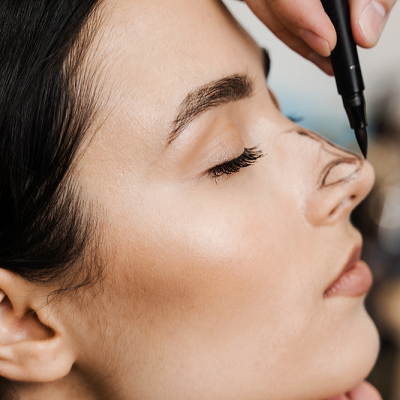Is Rhinoplasty Haram in Islam? Conditions That Make It Permissible
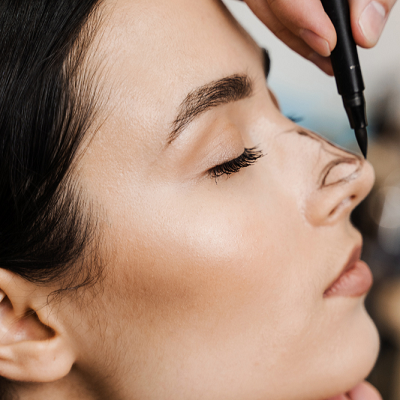
In recent years, rhinoplasty—commonly known as a "nose job"—has become increasingly popular among individuals seeking either cosmetic improvements or medical relief. However, for Muslims considering the procedure, a key question arises: Is rhinoplasty haram in Islam? Like many aspects of modern medicine, the answer depends on the intention, necessity, and outcomes of the surgery.
Understanding Islamic Principles on Cosmetic Surgery
Islam places great emphasis on accepting the human body as Allah’s creation. The Quran encourages believers to appreciate their natural form and avoid altering it unnecessarily. Surah An-Nisa (4:119) mentions that Satan will tempt people to alter the creation of Allah—this is often referenced in discussions about cosmetic procedures.
However, Islamic rulings are not rigidly black and white when it comes to medical interventions. Scholars differentiate between surgeries for beauty enhancement versus those that correct a defect or relieve hardship.
When Is Rhinoplasty Considered Haram?
Rhinoplasty is generally considered haram (prohibited) under the following conditions:
For vanity or fashion: If the sole purpose is to follow beauty trends or societal pressures, it is deemed impermissible.
Without medical need: Changing one’s nose when there is no discomfort, deformity, or dysfunction goes against the concept of accepting Allah’s design.
Causes harm: If the procedure risks unnecessary harm or leads to arrogance or ingratitude, it is not allowed.
Islam promotes modesty and humility. Seeking unnecessary cosmetic changes can often contradict these values.
When Is Rhinoplasty Permissible in Islam?
According to many Islamic scholars and fatwas, rhinoplasty is permissible under specific conditions, such as:
1. Correcting a Birth Defect or Deformity
If a person is born with a misshaped or asymmetrical nose that affects breathing or causes emotional distress, surgery is allowed. Islam supports the removal of hardship (raf’ al-haraj).
2. Medical Necessity
Rhinoplasty to treat breathing problems, deviated septum, or trauma from an accident is not only allowed but encouraged if it improves quality of life.
3. Psychological or Social Harm
In cases where a person suffers extreme bullying, depression, or anxiety due to nasal deformity, some scholars argue that the surgery becomes permissible as it alleviates emotional suffering.
4. Restorative Surgery After Injury
If someone’s nose is damaged in an accident or due to illness, reconstructive rhinoplasty is completely permissible. It falls under the category of restoring what was lost rather than changing what was created.
The Role of Intention (Niyyah)
As with all actions in Islam, intention plays a central role. A surgery done with the right purpose—relieving pain, restoring function, or correcting disfigurement—is viewed differently from one done purely for superficial beauty.
Prophet Muhammad ﷺ said:
“Actions are judged by intentions.” (Bukhari & Muslim)
Thus, Muslims considering rhinoplasty should reflect deeply on their motives, consult a trusted Islamic scholar, and seek guidance from qualified medical professionals.
FAQs: Rhinoplasty and Islamic Perspective
1. Is rhinoplasty completely haram in Islam?
No, rhinoplasty is not completely haram. It depends on the intention and reason. If done purely for cosmetic beauty without a medical or functional need, it is generally considered haram. However, if it is to correct a defect or improve health, it may be permissible.
2. When is rhinoplasty allowed in Islam?
Rhinoplasty is allowed when it serves a legitimate medical purpose such as:
Correcting a birth defect
Fixing breathing problems
Treating post-trauma damage
Alleviating serious emotional or psychological harm
3. Is having a nose job to boost confidence allowed in Islam?
If the lack of confidence stems from a deformity or defect causing emotional distress, many scholars consider it permissible. However, if it’s just to enhance beauty and follow trends, it may not be allowed.
4. Can I undergo rhinoplasty after a car accident or injury?
Yes. Reconstructive rhinoplasty to restore the nose after an accident or trauma is considered halal, as it falls under the category of restoring natural form and function.
5. Does changing the shape of the nose count as altering Allah’s creation?
Islam discourages unnecessary changes to Allah’s creation. However, corrective or functional surgeries are an exception, as they aim to remove harm or restore what was damaged—not beautify beyond necessity.
6. Is it sinful to get rhinoplasty without medical reasons?
If the intention is purely for beautification and not to relieve harm or discomfort, many scholars consider it discouraged or sinful, as it reflects dissatisfaction with the natural body Allah has given.
7. Will my prayers (Salah) be accepted if I have had rhinoplasty?
Yes. As long as the surgery was done with the correct intention and does not violate Islamic rulings, your prayers remain valid and accepted.
8. Do I need a fatwa before getting rhinoplasty?
While not mandatory, it is highly recommended to consult a qualified Islamic scholar or local imam to assess your specific case and guide you according to Islamic law.
9. Is rhinoplasty for breathing problems allowed without hesitation?
Yes. If rhinoplasty is required to correct a deviated septum or any nasal obstruction that affects breathing, it is considered medically necessary and permissible in Islam.
10. Is it haram for men to get rhinoplasty?
The ruling is the same for men and women: if the procedure is for medical or necessary corrective reasons, it is allowed. For cosmetic reasons without necessity, it is discouraged or haram for both genders.
Final Thoughts
Rhinoplasty in Islam is not outright haram, but its permissibility is conditional. If done for valid medical, psychological, or functional reasons, and with sincere intention, it may be considered halal. However, pursuing it purely for cosmetic enhancement without necessity can contradict Islamic teachings.
As always, Muslims are advised to make informed decisions grounded in faith, reason, and consultation.
Note: IndiBlogHub features both user-submitted and editorial content. We do not verify third-party contributions. Read our Disclaimer and Privacy Policyfor details.



